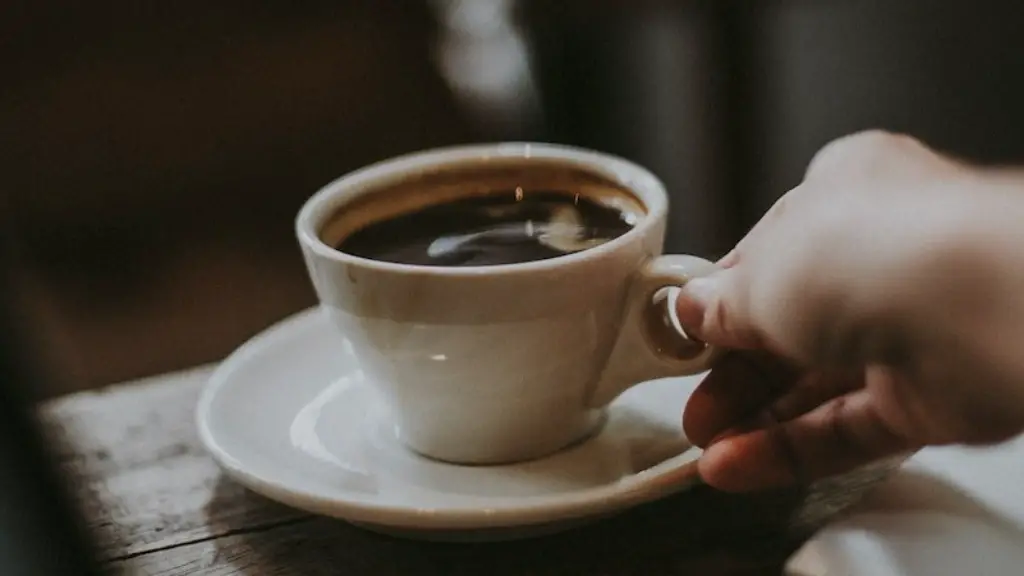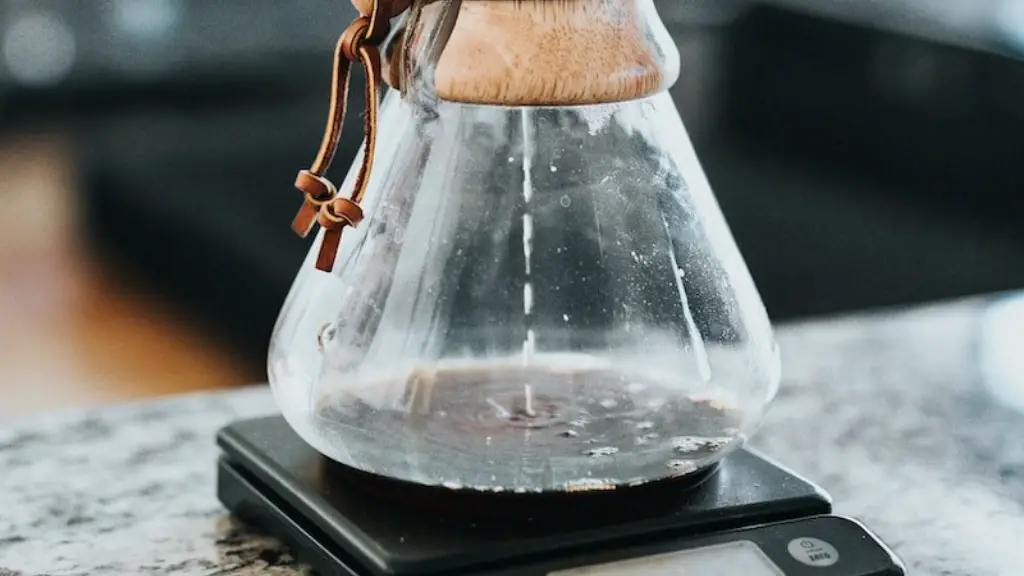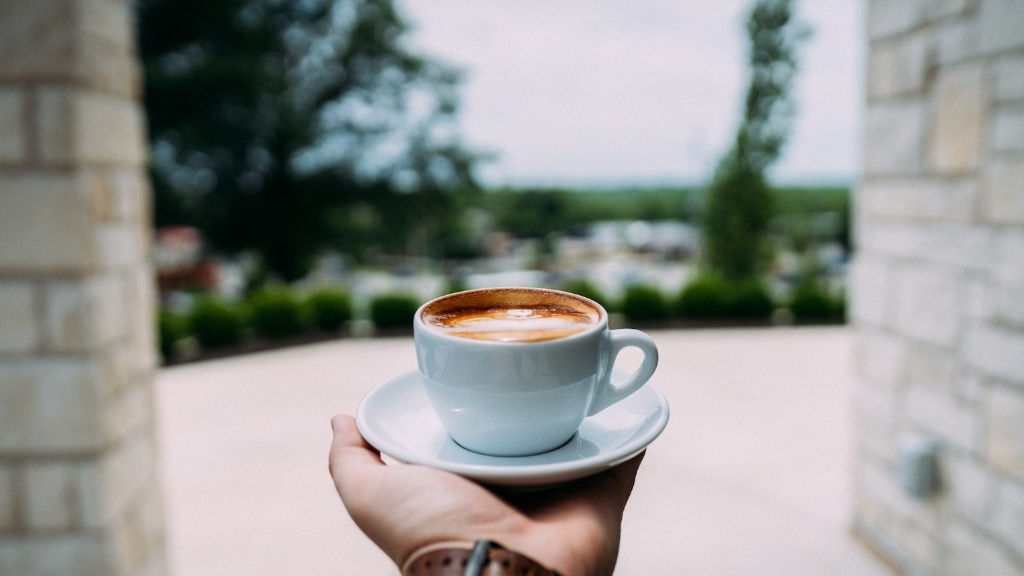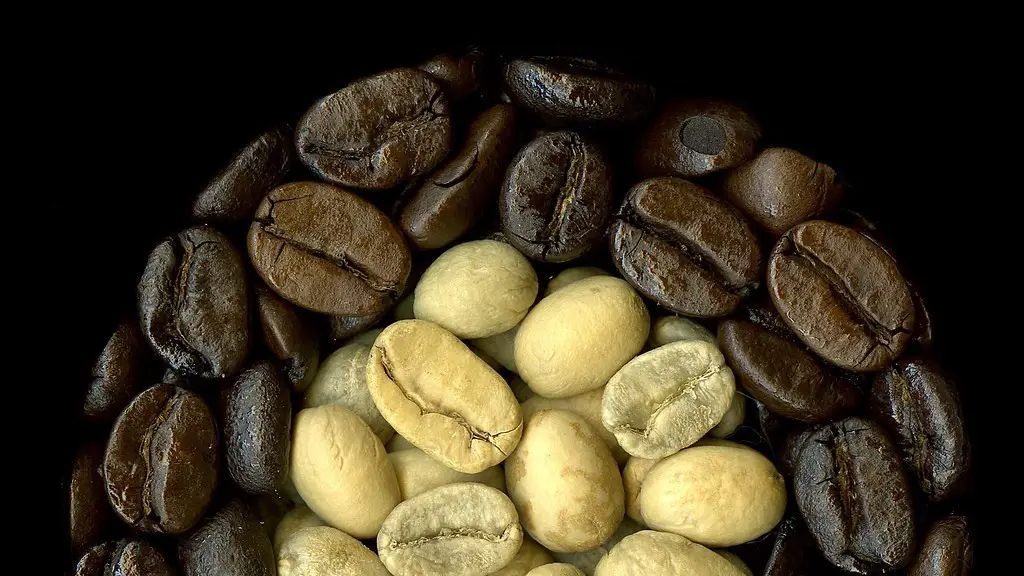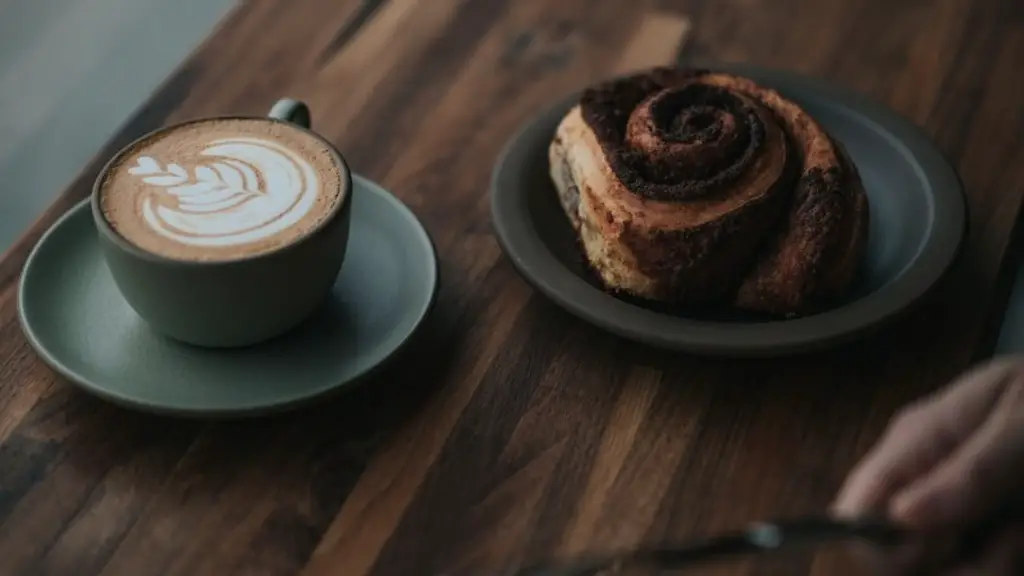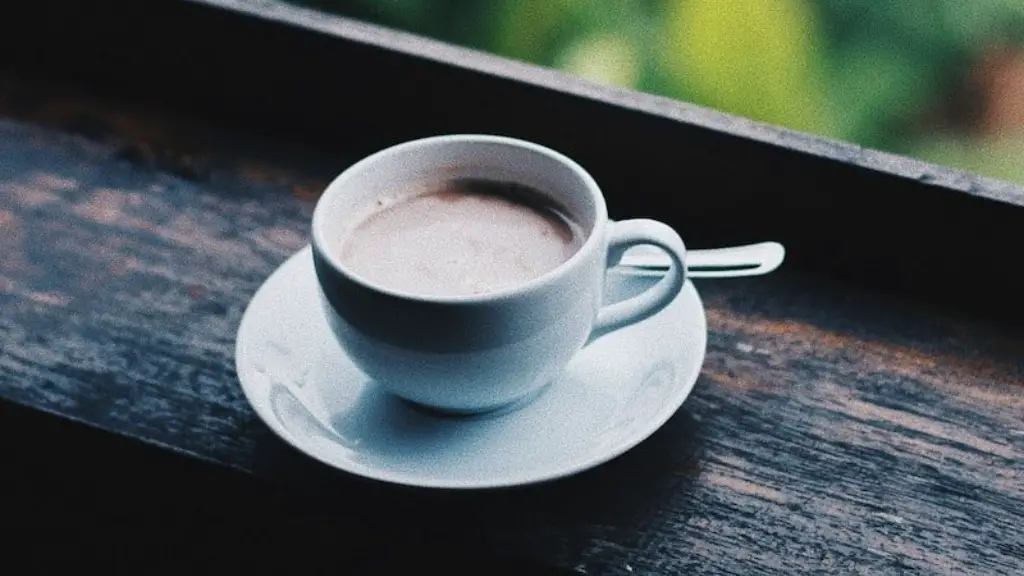The Basics
Coffee is a staple of many people’s daily routine. It provides a boost of energy and tastes great. But when it comes to deciding what age is “good” to start drinking coffee, opinions can be divided.
Generally speaking, coffee is considered safe to drink from age 12 and more studies are being conducted to gain insight into the effects of coffee consumption on children, although it is known from studies that coffee consumption levels amongst those aged 5 to 19 has been steadily increasing in recent years.
At the same time, some countries have laws about what age coffee may be sold and consumed, with under 18s not able to purchase coffee in many places. Some health organizations have also put their weight behind the notion that coffee is best avoided by those younger than 18.
Of course, it all depends on the individual, as a 12 year old may not necessarily be able to handle and consume coffee the same way that an 18 year old can. Whereas the younger person might find coffee too bitter or strong, an older person may be better equipped to handle the taste and potential effects of coffee.
Coffee consumption can also result in negative addictive behaviour, as well as potential risks for those who drink excessive amounts, such as higher blood pressure, heartpalpitations and insomnia. Therefore, it is best to consult a doctor and consider these potential risks with any age.
Nutritional Benefits of Coffee
Coffee is a beverage that contains a number of nutrients, including antioxidants, magnesium, potassium, and B vitamins that are beneficial to health and wellbeing. Research has shown that coffee may also help to improve concentration, alertness, and performance when consumed in moderation.
In addition to its nutritional benefits, coffee can also be a good source of hydration, as long as it is not laden with many heavy creamers or syrups. Studies show that moderate coffee consumption can provide up to one-fifth of an individual’s daily water needs.
Coffee also contains a number of antioxidants that can help to reduce inflammation and protect the body from oxidation, as well as caffeine which can help with fatigue and alertness. It is important to note that there is some debate about how much caffeine is safe to consume, and it can vary from person to person.
Ultimately, when it comes to deciding the best age to start drinking coffee, it is important to consider the individual’s age, health and lifestyle. Coffee is generally considered safe for adults, but caution should be taken for younger individuals.
Possible Health Effects
The health effects of coffee depend on the individual and the amount that they consume. In moderate amounts, coffee can be beneficial to health, while consuming too much can be detrimental. As already mentioned, some of the possible effects of coffee consumption include higher blood pressure, heart palpitations, and insomnia.
For those that are especially sensitive to caffeine, it is important to note that coffee’s effects can be magnified, leading to increased anxiety, restlessness, nausea and headaches. Regular consumption can also cause individuals to become addicted to the caffeine in coffee, leading to frequent consumption.
It is important to remember that caffeine can stay in the body for up to 8-10 hours, so for those that are more sensitive to caffeine it is best to limit coffee consumption to earlier in the day.
When considering the health effects, it is important to remember that not all coffee is created equal. Coffee can contain large amounts of sugar, additives, and chemicals depending on the type of beans that are used. In some cases, these added ingredients can nullify the potential health benefits of coffee, so it is important to do your research and make sure to find a coffee that is best suited to your individual needs.
Healthy Coffee Choices
When it comes to choosing a healthy coffee option, there are a few key things to look out for. First and foremost, make sure to look for a coffee that is low in sugar and additives, such as artificial sweeteners and colors. If possible, try to find a coffee that is certified organic or pesticide free.
Another key factor is to make sure the beans are ethically sourced and of high quality. Many specialty coffee shops are now partnering with small farmers to ensure that their beans are sourced responsibly, so be sure to check for this if possible.
When it comes to brewing, there are lots of options to choose from, from cold brewing to filter coffee. Cold-brew has been found to be the least acidic of all the methods, so it is a great choice for those looking to reduce the acidity in their coffee.
Finally, for those that can’t handle the caffeine in regular coffee, there are now plenty of decaffeinated options available. Look for coffees that have been certified organic, as this is a sign that the beans have not been exposed to any harsh chemicals in the decaffeination process.
Alternatives to Coffee
For those that don’t want to drink coffee, there are a number of alternatives that can still provide a boost of energy. Herbal teas such as ginseng and green tea are great alternative sources of caffeine, as are natural energy drinks that don’t contain large amounts of sugar and additives.
Matcha is a great source of antioxidants and natural energy, and the powder can easily be added to smoothies, oatmeal or other foods. There are also a number of sodas and juices that are caffeine free, such as lemonade and orange juice.
Finally, there are plenty of energy boosting snacks that contain natural energy and are rich in vitamins and minerals, such as nuts, seeds, yogurt, and fruits.
Conclusion
When it comes to deciding the best age to start drinking coffee, it ultimately depends on the individual. However, for those that are under 18, it is important to note that there may be potential health risks associated with coffee consumption. It is best to consult with a doctor if you have any questions or concerns.
When it comes to making a healthy choice, look for a coffee that is low in sugar and additives, is certified organic, and has been ethically sourced – and make sure to limit your caffeine intake so as not to suffer from any of caffeine’s negative effects. For those that want an alternative to coffee, there are plenty of options, from herbal teas and energy drinks, to snacks and juices.
